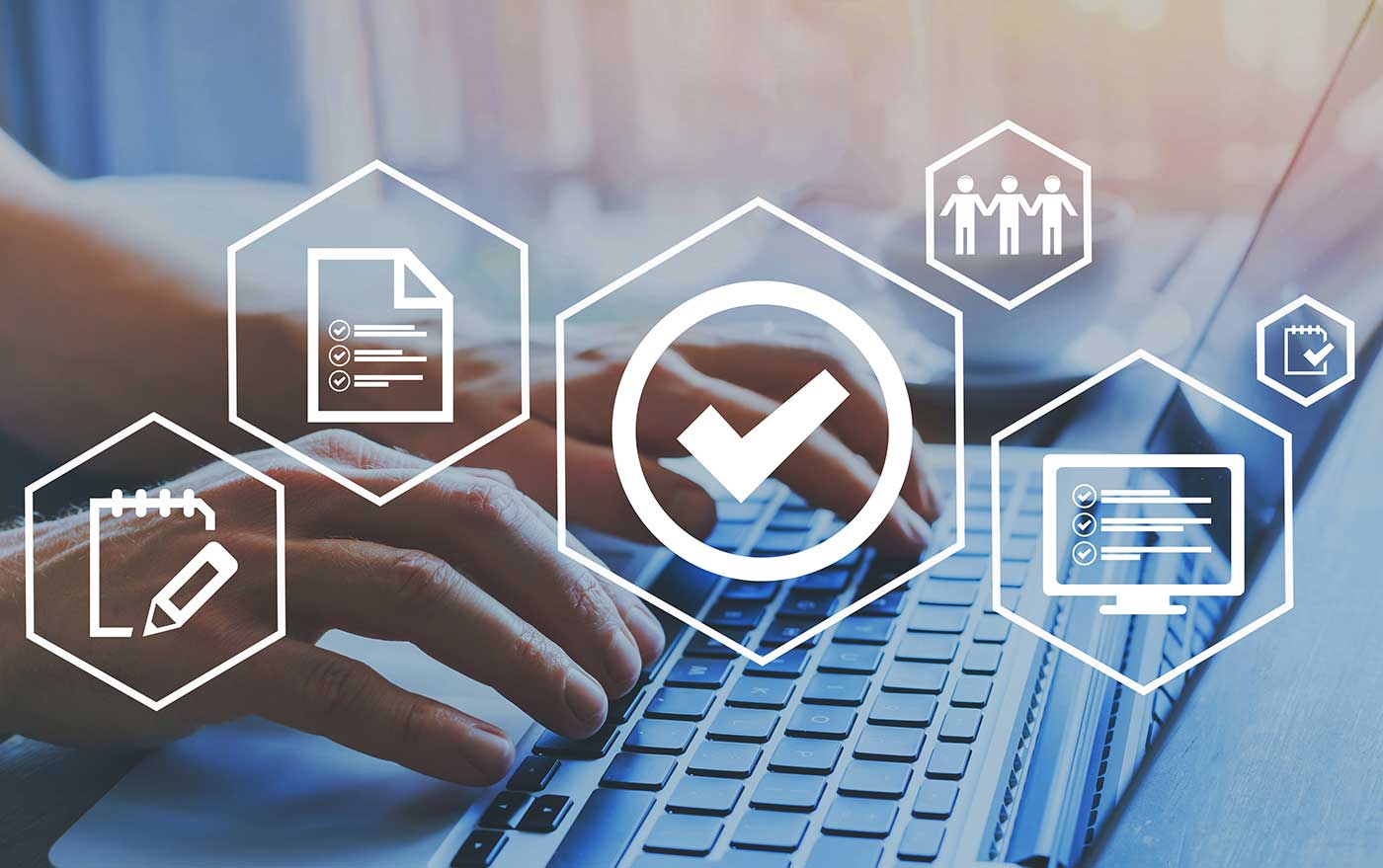HomeBlogBlogIndustry InsightsWhat Leads to Bad Quality in Research Panels? Part II
What Leads to Bad Quality in Research Panels? Part II

What Leads to Bad Quality in Research Panels? Part II
In this three-part series we’ll discuss the top reasons for bad quality in online research panels, and how you can avoid them. Part I explored the pitfalls of rushed recruitment, and in this blog, we’ll share the risks of disregarding due diligence.
Part Two: Disregarding Due Diligence
It can’t be overstated that your research is only as good as the quality of your data, and that data hinges, in large part, on your panelists. But, all too often, we accept them at face value, particularly B2B panelists – which can be hard to come by. That’s a mistake that can put the credibility of your research at risk because disregarding due diligence is another one of the top reasons for bad quality in research panels. Here’s why…
Bad Panelist Behavior Is More Common than You Think
Not only is dishonesty about expertise, experience, job title and so on among panelists all too common, often many are also just participating for the incentive resulting in speeding through surveys, poor quality responses, and or attempting to take a survey multiple times. In addition, B2B research panelists may change jobs or move out of their industry causing their profile information to be out of date and, even if not intentionally misleading, this can still negatively impact your research.
How Quality Measures Help
If you have the right quality measures and technology in place, it’s much easier to identify and screen out these panelists. For example, we have a multi-step, scientifically rigorous and repeatable process for recruiting, engaging and nurturing panelists. During recruiting, we validate every one of our B2B panelists through their LinkedIn profile. Plus, our Know Your Respondents (KYR) technology uses proprietary data collection techniques to give real-time information on respondents.
But we’re also just as rigorous in eliminating panelists as soon as they fail to meet quality standards. One such was is through ongoing re-profiling.
Lastly, it’s important to familiarize yourself with, and follow, industry guidelines such as the ESOMAR 28, in addition to privacy guidelines in the countries where have panelists.
For more information on online research panels, contact IRB today!